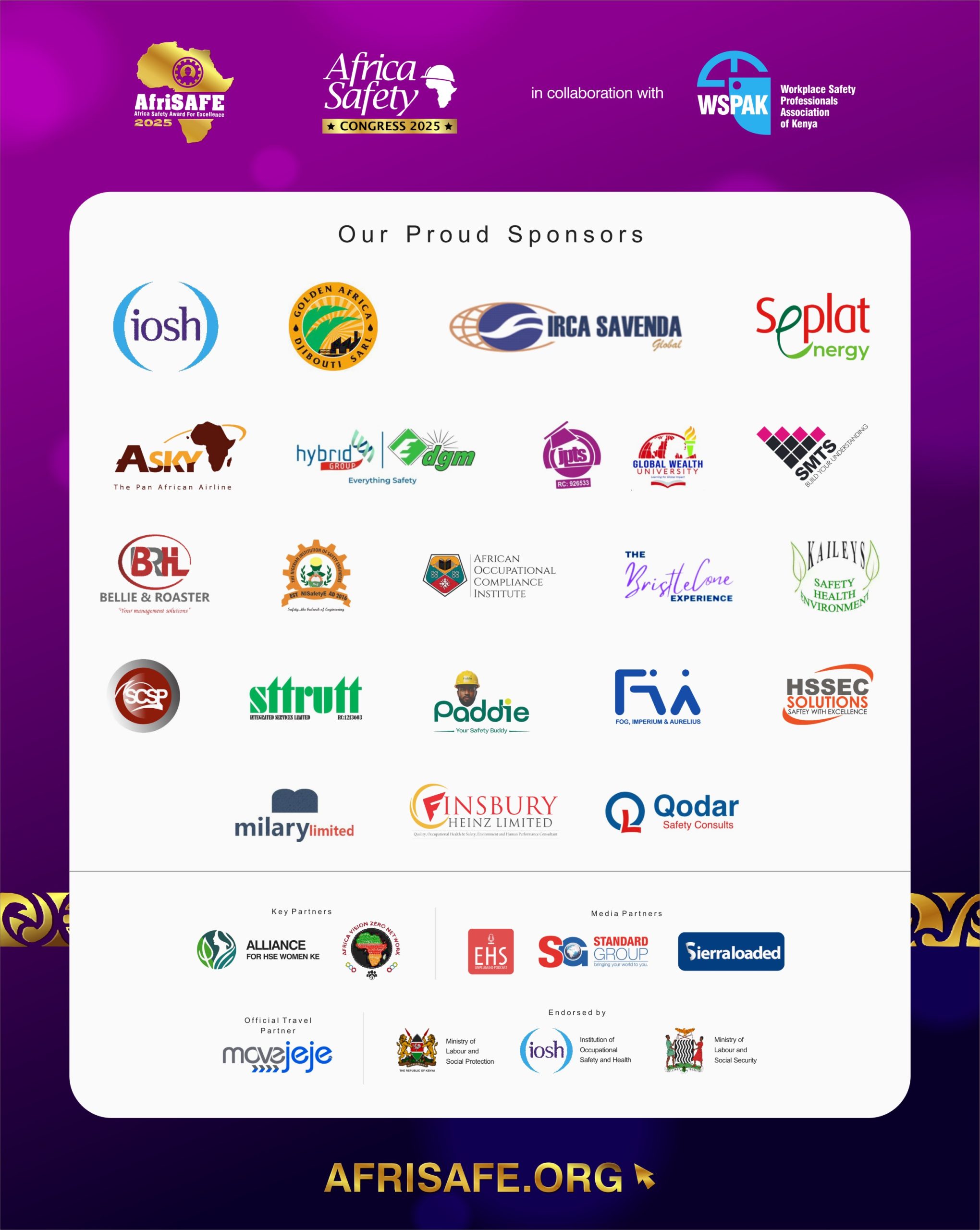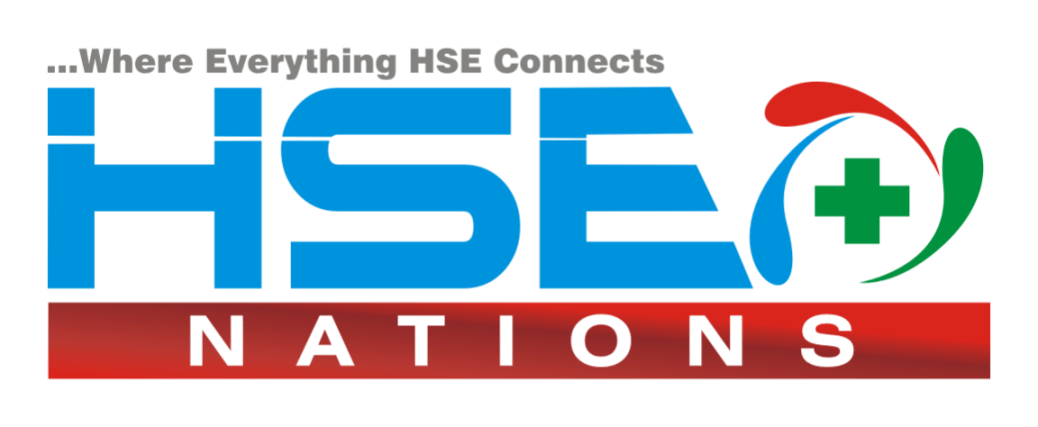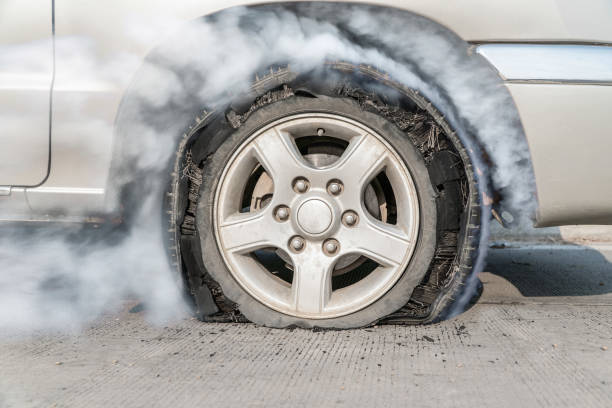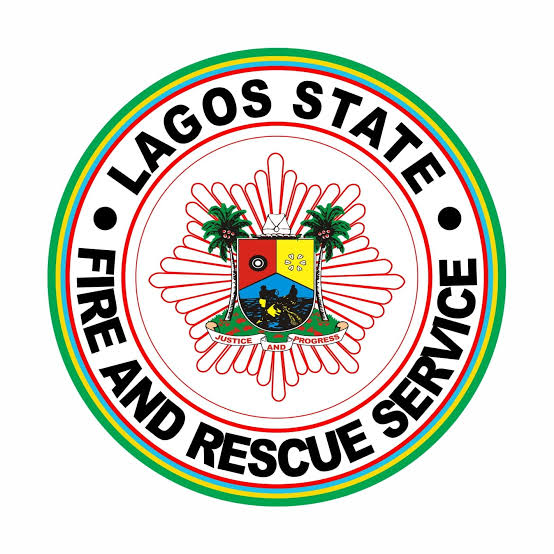Afriland Towers Fire: HSE Gaps Exposed as NISafetyE Demands Urgent Reforms

The recent fire incident at Afriland Towers in Victoria Island, Lagos, has sparked widespread outrage among safety professionals and industry stakeholders, who are raising alarm over persistent lapses in Nigeria’s health, safety, and environmental (HSE) standards.
The blaze, which engulfed parts of the high-rise building last week, was eventually brought under control by firefighters, but not before causing significant damage and renewed questions about Nigeria’s preparedness for fire emergencies in commercial complexes.
About 10 deaths were officially recorded at the time of filing this report.
The incident reflects a dangerous trend of neglecting fire safety measures in corporate and high-rise buildings across the country.
In its reaction, the Nigerian Institution of Safety Engineers (NISafetyE) described the incident as “a wake-up call for Nigeria’s urban safety framework.”National Chairman Engr Seun Faluyi, said the Afriland fire underlines critical gaps in regulatory enforcement and preparedness.
“This is not just about one building, but a national problem. Too many facilities operate without adequate fire safety audits, functional emergency systems, or regular safety drills. Afriland Towers is a mirror of what could happen in many other complexes if immediate reforms are not enforced,” Faluyi stated.
He stressed that fire alarms, sprinklers, and evacuation plans must become mandatory and strictly monitored, adding that prevention should be at the heart of building management rather than mere response after disasters occur.
Also reacting, a leading HSE consultancy firm in Nigeria, IONe HSE Services, emphasised that the incident was preventable. The company’s Technical Director, Dr. Chika Anene, noted that safety culture in Nigeria remains weak despite repeated tragedies.
“At IONe, we have consistently advocated for proactive risk assessments in high-rise structures. Sadly, these warnings are often ignored until disaster strikes. The Afriland fire proves again that safety is not a cost but an investment. Companies must see it as a business survival strategy, not a compliance checkbox,” Anene said.
The firm further called for structured partnerships between private safety consultants, government agencies, and professional bodies to design a sustainable HSE framework that prioritises prevention and resilience.
The Afriland Towers fire has reignited debates over the efficiency of the Lagos State Fire and Rescue Service and the National Emergency Management Agency (NEMA). Critics argue that while response capacity is improving, the absence of preventive systems in many facilities places emergency responders under undue pressure.
Industry observers warn that unless concrete steps are taken, Nigeria risks more catastrophic incidents in its growing number of urban developments. Experts say legislative reforms, including stricter enforcement of the National Building Code and the integration of safety professionals into facility management, are urgently needed.

With pressure mounting, stakeholders are now looking to federal and state authorities to lead decisive action. For NISafetyE and other HSE advocates, the Afriland Towers fire is more than an isolated event—it is a signal that Nigeria’s safety framework needs urgent overhaul before lives and investments are lost to avoidable tragedies.




